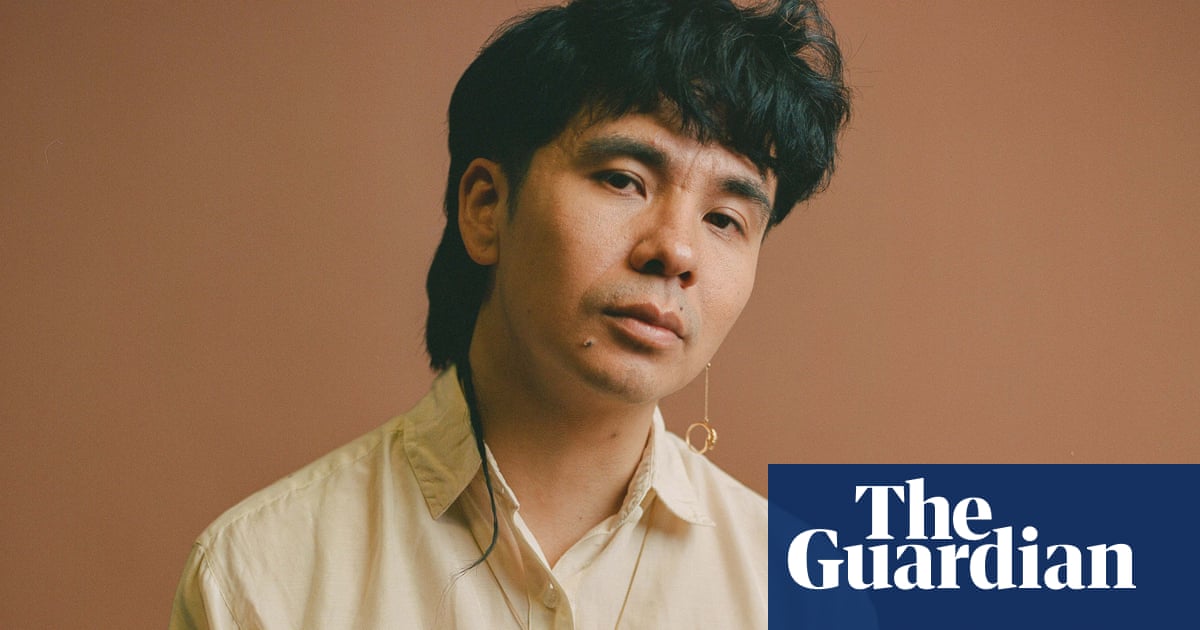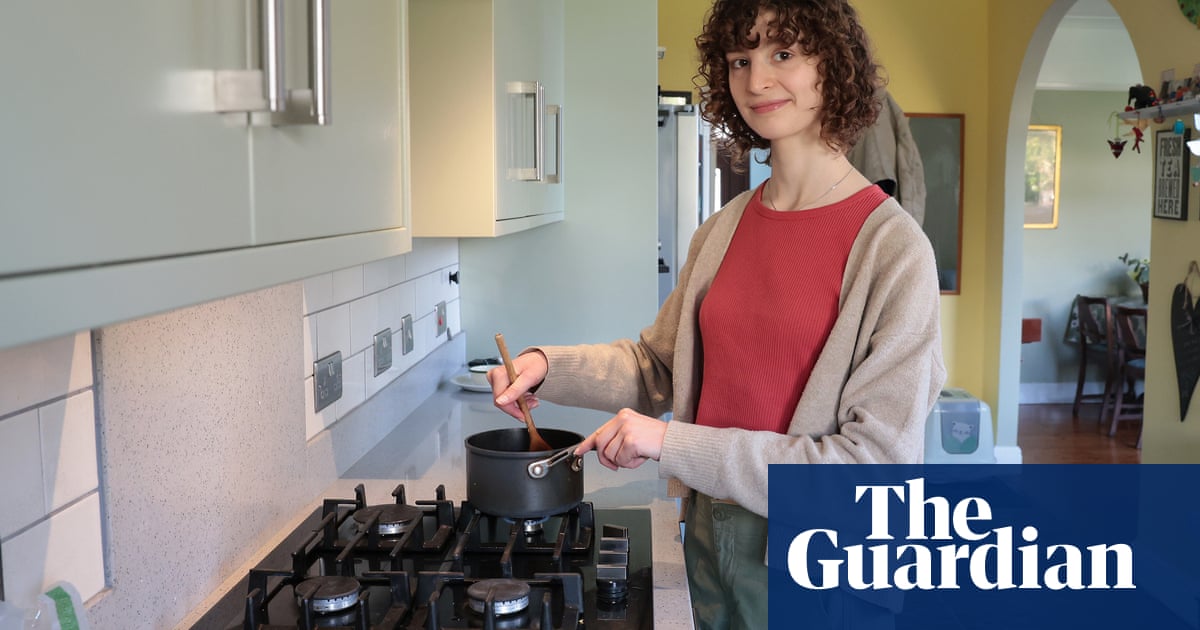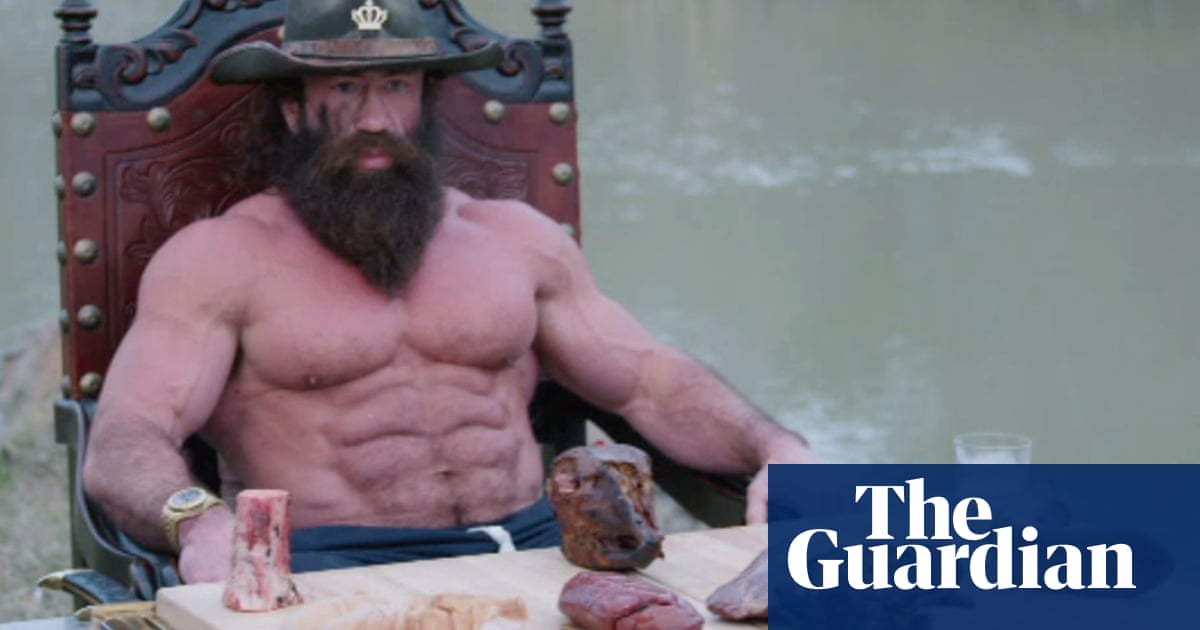Anyone who has ever heard the director Mike Leigh interviewed will know that he is not a man who is given to enthusiasm. He doesn’t effuse; rather he growls, a bristly, whiskery warning to the world to keep its distance. Listening to him, you could be forgiven for assuming that, with a career spanning more than half a century, seven Oscar nominations, a Cannes Palme d’Or (for Secrets & Lies) and a Venice Golden Lion (for Vera Drake), Leigh is not much of a fan of anything to do with the film industry. But then you watch one of his films – his latest, Hard Truths, for example – and it becomes clear that there is one passion that remains undimmed over the years, one thing that he cherishes above all others. And that is actors and their craft.
The British director has a distinctive way of working that amplifies and embraces the contribution of his cast. This is not just a case of handing an actor a few inert lines on page and hoping for the best. His films are born out of an extended process of workshopping and rehearsals. Dialogue is chewed over; characters are fully lived in; stories are grown out of the fertile collaboration between director and performers. It’s a way of working that has pros and cons for the final film, but what’s undeniable is that Leigh’s method has helped give birth to some viscerally powerful performances over the years, the latest of which is a quite remarkable Bafta-nominated, British independent film awards-winning turn from Marianne Jean-Baptiste in the central role of housewife Pansy.
She’s a hard person to like. Obsessively house-proud, agoraphobic, hypochondriac, repulsed by animals and plants, she greets the world with a scalding torrent of anger and bitter grievances. Her palpable displeasure spreads like an ink spill, spoiling the space around her and tainting all her interactions. Something as banal as a trip to the supermarket or a checkup with her dentist is akin to entering a hall of magnifying mirrors, all of which reflect back her fury and aggression. Pansy is the most relentlessly abrasive character in a Mike Leigh film since David Thewlis’s rampaging Mancunian hate machine in 1993’s Naked. But unlike Thewlis’s Johnny, who attacks from a place of perceived superiority, Pansy lashes out largely from terror. What Jean-Baptiste’s painfully raw performance makes clear is the dual role of fear in the character’s life. Fear is a cage, with Pansy snarling from behind its bars. But in some ways, her fear is also the most comforting certainty in her emotionally impoverished life: something to hide behind; an excuse to barricade herself away from the world.

All of which is tough on Pansy’s family. Her stoic husband, Curtley (David Webber), has been browbeaten into silence rather than risk saying the wrong thing. Her unemployed adult son, Moses (Tuwaine Barrett), clearly on the autistic spectrum, shuts out his mother’s hectoring judgments with his headphones. And her big-hearted sister, Chantelle (a lovely, tender turn from Michele Austin, in her fifth collaboration with Leigh), sees the pain that Pansy endures, but can’t see a way of helping her out of it. The contrast between the lives of the two sisters couldn’t be more stark: single mum Chantelle, who owns a thriving hairdressing business, has a home full of laughter, mess and the love of her two daughters. Pansy’s house is pristine and spartan, with none of the informal clutter that suggests shared joys and family memories.
Leigh’s unshowy, restrained direction deliberately refuses to assert itself, keeping the focus on the actors at all times. And make no mistake, these performances are certainly worth the weight of attention that is placed upon them. But great turns don’t always amount to a great picture, and the unfortunate consequence of this no-frills directing approach is that the film-making can feel rather flat and functional – a display cabinet for the acting rather than a vital piece of storytelling. The episodic structure of Hard Truths doesn’t help, with Pansy lurching from confrontation to confrontation, but floundering rather than moving forward in the story. Ultimately, it’s a tough watch, not just for the psychological suffering on show, but because the audience is denied any kind of resolution or closure. Going in, we assume that we will accompany a character on a journey, but instead we find ourselves marooned in the bleak cul-de-sac of Pansy’s misery.
-
In UK and Irish cinemas

 3 months ago
56
3 months ago
56













































